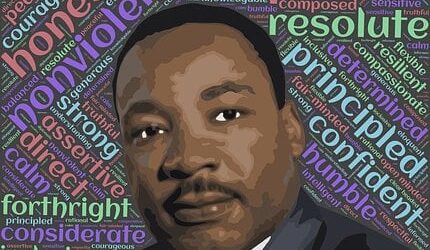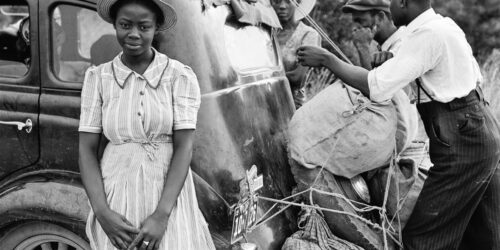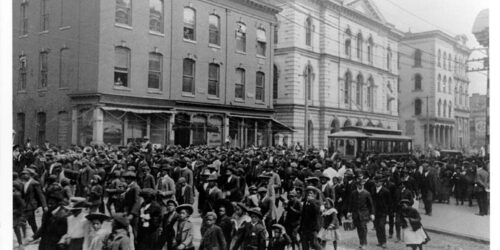 |
| https://10millionnames.org/ |
The 10 Million Names is a collaborative project that includes many prominent genealogical and academic organizations. See https://10millionnames.org/collaborators. The objective of the project is described in the Project’s Mission Statement.
10 Million Names is a collaborative project dedicated to recovering the names of the estimated 10 million men, women, and children of African descent who were enslaved in pre- and post-colonial America (specifically, the territory that would become the United States) between the 1500s and 1865.
The project seeks to amplify the voices of people who have been telling their family stories for centuries, connect researchers and data partners with people seeking answers to family history questions, and expand access to data, resources, and information about enslaved African Americans.
The project originated through the efforts of AmericanAncestors.org, a genealogical research website and resource provided by the New England Historic Genealogical Society (NEHGS). NEHGS is one of the oldest and largest genealogical societies in the United States. Here is a statement about the involvement of collaborators from the 10 Million Names website. See https://10millionnames.org/frequently-asked-questions-0
American Ancestors, a nonprofit center for the study of family history, heritage, and culture, founded in 1845—the country’s oldest genealogical institution—has undertaken this project in collaboration with organizations, individuals, and scholars dedicated to African American history and genealogy. Collaborative partners include the Afro-American Historical and Genealogical Society, FamilySearch, the New Bedford Historical Society, and Daughters of the American Revolution.
During the time my wife and I were serving as Church Service Missionaries for The Church of Jesus Christ of Latter-day Saints and helping FamilySearch.org to digitize records at the Maryland State Archives, in Annapolis, Maryland, we came face to face with magnitude of the endeavor to identify former enslaved people through our efforts to digitize Maryland Probate Records. Here is a sample page from a probate file that shows the inventory of an enslaver.
You can clearly see the enslaved people listed along with the oxen, cows, and sheep. Day after day, we were confronted with the reality of slavery. At times, we were overcome with grief for the enslaved people. I think it is more than important, I think it is imperative that we document every one of these people.Think about it.






